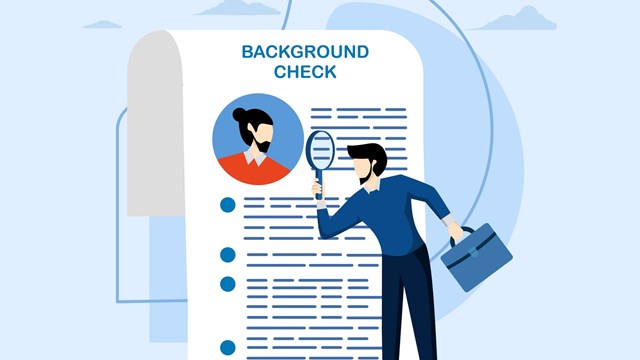In the past the co-op covered the cost of all repairs and reconstruction of the terrace—paying in full the amount including replacement costs. Now it is considering whether the shareholder should bear some of the cost of replacing the tiles on the terrace to its finished condition. This is also in consideration of the fact that the terrace can only be used by this individual shareholder—the terrace is not common space. The proprietary lease is vague about responsibilities regarding the terrace. The co-op will repair damage in apartments that are caused by building leaks, but the shareholder must pay for finishing touches such as painting the walls or ceiling. Can the same principle apply to the finished appearance of the terrace? How have other co-ops handled this problem?
—Nassau County Shareholder
“Next, terraces are typically used only by the shareholder with access, but the co-op is still responsible for the structural repairs to them. That is probably why the board reduced the maintenance years ago. Much like your analogy to interior repairs, the co-op would be responsible for fixing the cause of the leak and the shareholder would be responsible for fixing the cosmetic aspect, i.e. the tiles. If they are special or unique tiles, there may be conversations regarding what quality of tile will be used. One would still need to look to the proprietary lease to see who is supposed to be responsible for maintenance of the terrace. This may not be so clear in your building’s case. It needs to be clarified in case the unit is sold. If the building takes the position that the shareholder is responsible for some aspect of the repairs, the closing could not occur until something is worked out. The building should not be short-sighted by looking at the fact that “only” the shareholder can use the terrace. The leaks related to that terrace can damage units all over the building.”







Leave a Comment